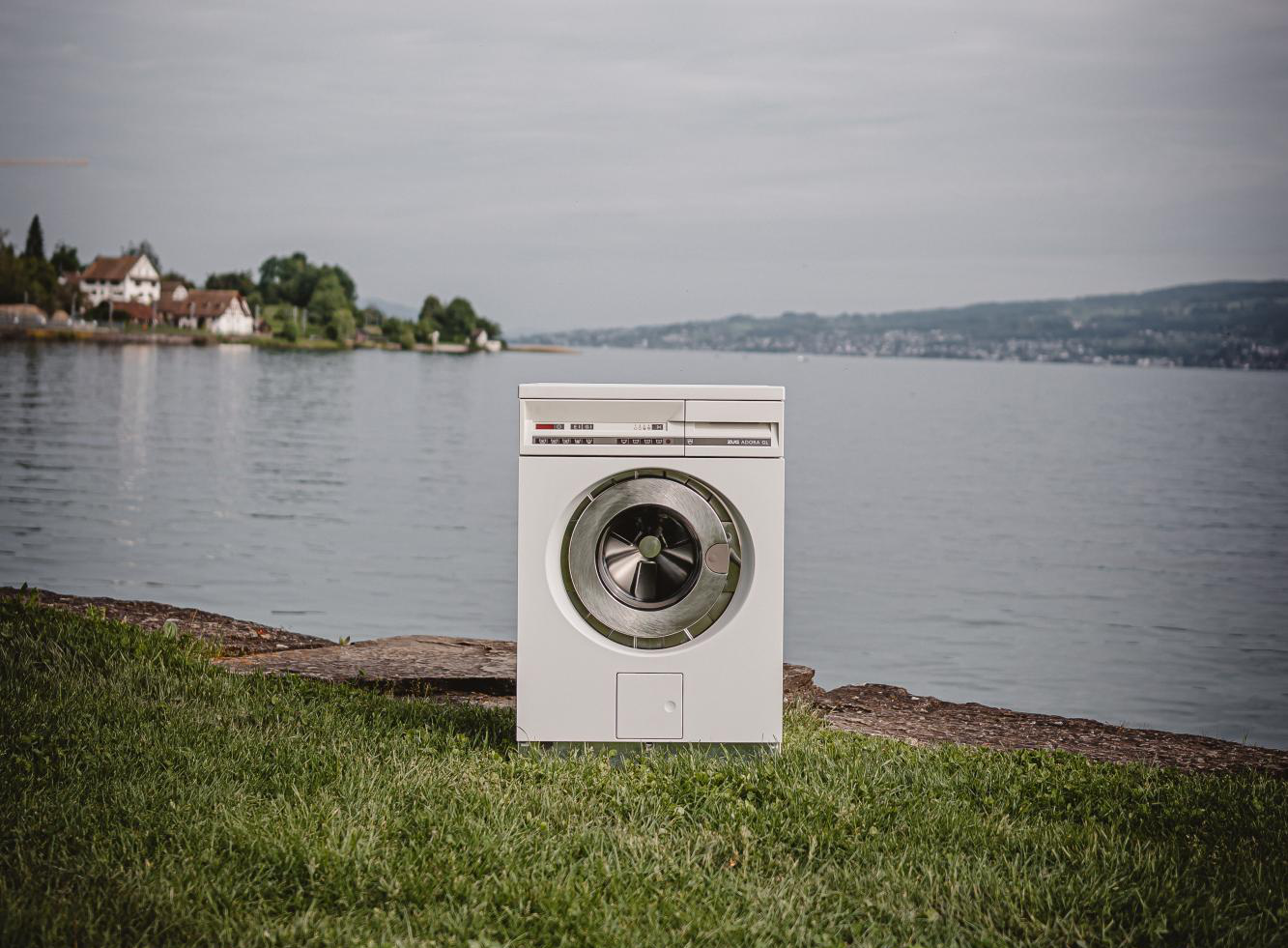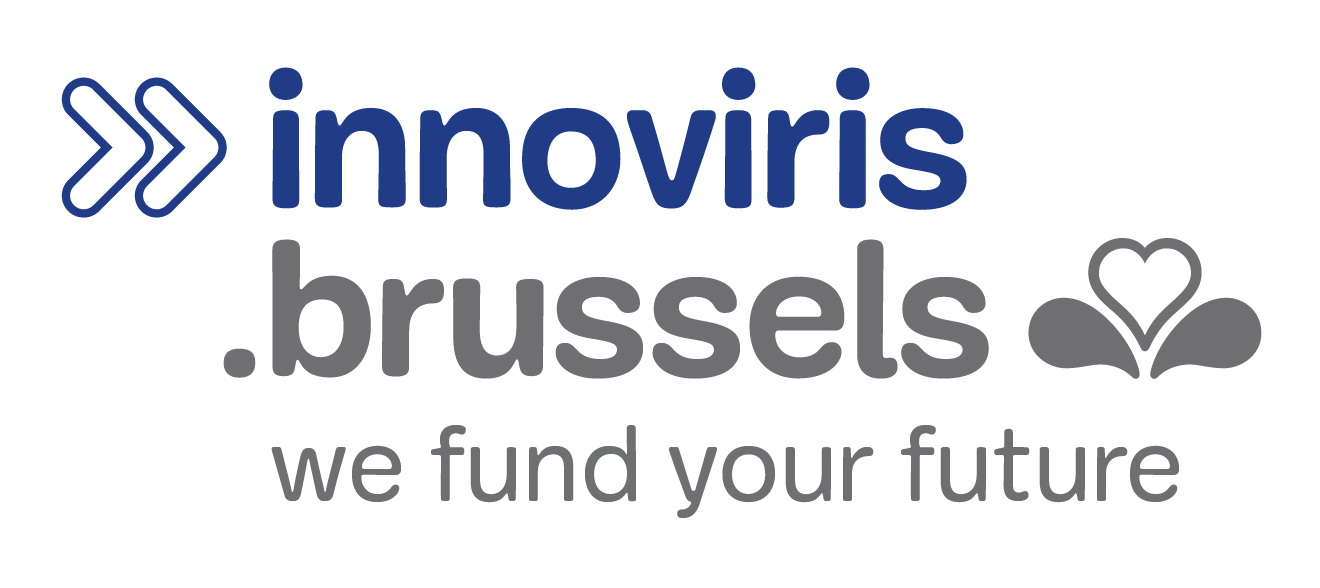Giving circular economy a boost by improving refurbishment process of household appliances

A small part of discarded household appliances that are now shredded could be reused or refurbished, or their components reused in the refurbishing process. Refurnished household appliances can offer people in energy poverty an alternative to energy-consuming appliances. Through advanced data analytics and cognitive and assistive operator support the efficiency of the refurbishing process can be increased.
97% of the household appliances are shredded after return or recycled as raw material. In most cases these devices are relatively recent, and up to 10% can be reused or refurbished in an ecologically and economically responsible manner. Moreover, between 15% and 30% of these machines contain functioning components that can be resold as spare parts or reused in the refurbishing process. Providing more refurnished appliances helps families in energy poverty to replace energy-consuming household appliances.
BrefurbiSH: Increasing efficiency of refurbishing process
With the support of Innoviris, Sirris, Circular.Brussels and BSH started in 2021 the BrefurbiSH project for increasing the efficiency of the refurbishing process of household appliances through advanced data analytics and cognitive and assistive operator support.
The refurbishing sector is still a very manual labour-intensive sector where target group employees perform a very repetitive sequence of instructions or tasks. In the BrefubiSH project we would increase the efficiency of household refurbishment by providing extra support to the employees. We will gather appliance-specific data before, during and after the refurbishment to extract insights on which appliances are more prone to faults and what type of error is most common. These insights can be fed back to the design process of the same type of appliances as such that design choices can be made to facilitate the refurbishing of household appliances in the future.
Data extracted during the refurbishment can be used to automatically build a refurbishing guideline that is needed to train new target group employees. The traditional refurbishing infrastructure will be enhanced using advanced data analytics and cognitive and assistive operator support. The efficiency will be validated through a pilot infrastructure installed at Circular.Brussels targeting two representative appliances of the BSH appliances, namely washing machines and dishwashers.

Project subsidized by the Brussels-Capital Region - Innoviris.

